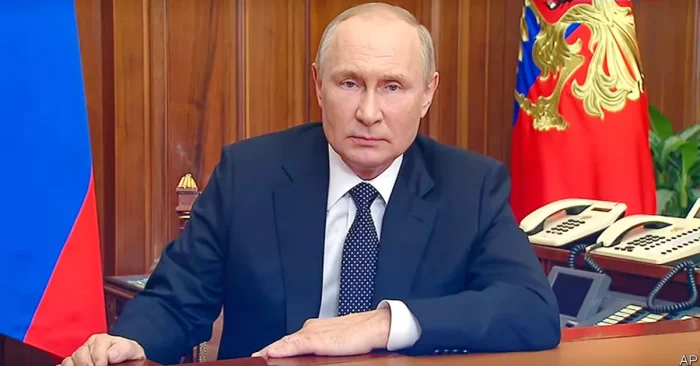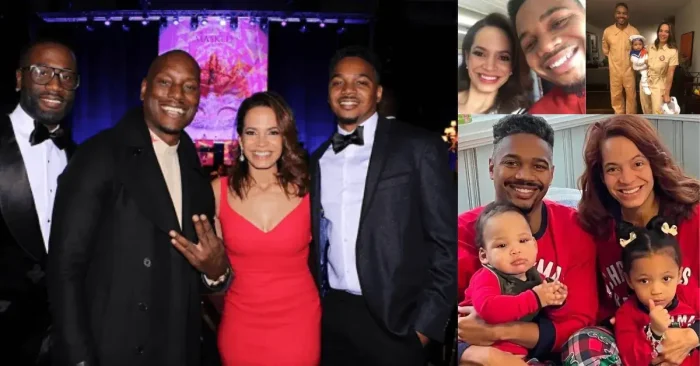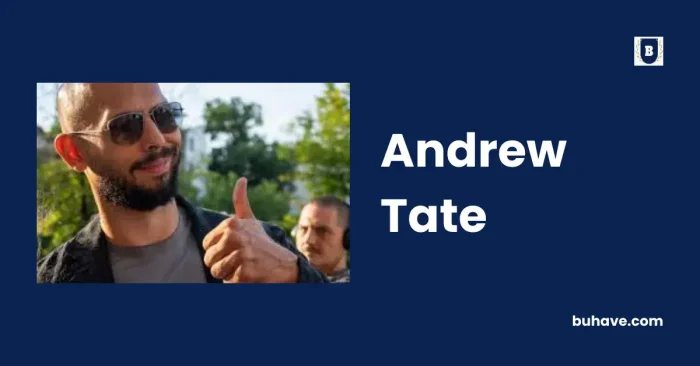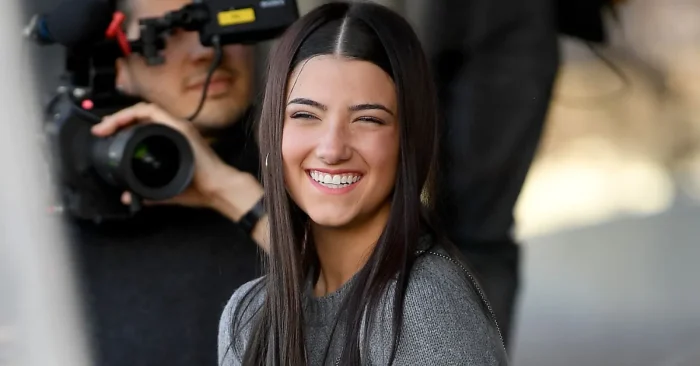Vladimir Putin – Biography
Early Life and KGB Beginnings
Born October 7, 1952 in Leningrad (now St. Petersburg), Vladimir Vladimirovich Putin grew up in a communal apartment, the only surviving child of a factory foreman and a homemaker. A scrappy youth who practiced judo to defend against bullies, he studied law at Leningrad State University where he was recruited by the KGB in 1975. His early career included monitoring foreign nationals in Leningrad before being stationed in Dresden, East Germany (1985-1990), where he witnessed the fall of the Berlin Wall – an event that reportedly shaped his views on Western influence. Fluent in German and competent in English, Putin returned to a collapsing USSR in 1990, resigning from the KGB with the rank of lieutenant colonel in 1991 as the Soviet Union dissolved.
Rise to Power
Putin’s political ascent began as an aide to St. Petersburg Mayor Anatoly Sobchak (1991-1996), where he handled foreign investments and earned a reputation for efficiency. Brought to Moscow in 1996 by President Yeltsin’s administration, he rapidly climbed through roles including deputy chief of presidential staff (1997) and director of the FSB (Russia’s security service, 1998-1999). His decisive handling of the Second Chechen War as Prime Minister (1999) made him a national hero. When Yeltsin unexpectedly resigned on December 31, 1999, Putin became acting president – a position he cemented with a 53% election victory three months later. His early presidency focused on centralizing power, crushing Chechen separatists, and stabilizing Russia’s post-Soviet economy through controversial oligarch dealings.
Consolidation of Authority
Between 2000-2008, Putin systematically reshaped Russia’s political landscape. He weakened regional governors by eliminating direct elections, silenced critical media outlets like NTV, and prosecuted oligarchs like Mikhail Khodorkovsky who challenged his authority. The 2006 assassination of journalist Anna Politkovskaya drew international condemnation. Economically, high oil prices fueled growth (GDP doubled 2000-2008), allowing social spending that boosted his popularity. Constitutionally barred from a third consecutive term in 2008, he engineered Dmitry Medvedev’s presidency while becoming prime minister – maintaining de facto control. The 2008 Georgia conflict demonstrated his willingness to use military force to protect Russian interests abroad.
Return to Presidency and Expansionism
Reelected president in 2012 amid protests, Putin escalated authoritarian measures: passing laws against “gay propaganda,” jailing Pussy Riot members, and cracking down on NGOs. The 2014 annexation of Crimea – following Ukraine’s pro-EU revolution – resulted in Western sanctions but boosted domestic support to 86% approval. Russian intervention in Syria (2015-present) reestablished Moscow as a Middle East power broker. Constitutional amendments in 2020 reset his term limits, potentially allowing rule until 2036. The 2022 invasion of Ukraine marked a dramatic escalation, triggering unprecedented sanctions and isolating Russia economically while cementing Putin’s image as an anti-Western crusader.
Governing Philosophy and Methods
Putin’s “managed democracy” blends Soviet nostalgia with capitalist oligarchy, maintaining power through: 1) Siloviki networks (ex-security officials in key positions) 2) Control of energy giants like Gazprom 3) Sophisticated propaganda through RT and social media 4) Elimination of viable political opponents (Alexei Navalny’s imprisonment). His public persona emphasizes traditional values, Russian exceptionalism, and physical vigor (staged judo matches, shirtless horseback riding). Behind closed doors, he reportedly governs through meticulous preparation – famously reading 10+ daily intelligence reports and rehearsing speeches for hours. The 2023 Wagner Group mutiny exposed rare cracks in his authority, though he quickly reasserted control.
Personal Life and Wealth
Putin maintains extreme secrecy about his personal affairs. Divorced from Lyudmila Putina in 2014 after 30 years of marriage, he’s rarely seen with his two adult daughters (Maria, born 1985; Katerina, born 1986). Investigative journalists allege he’s amassed a $200+ billion fortune through hidden stakes in Russian companies – claims the Kremlin denies. His known residences include a palace near Gelendzhik (leaked by Navalny’s team) and multiple dachas. A fitness enthusiast, he continues daily swimming and judo despite turning 70 in 2022. Health rumors persist after repeated appearances with bloated face and shaking hands, though officials insist he’s in peak condition.
Conclusion
Vladimir Putin has transformed from a faceless KGB bureaucrat into one of history’s most consequential authoritarian leaders. Through economic nationalism, military adventurism, and ruthless political maneuvering, he’s reversed Russia’s post-Soviet decline at the cost of democratic freedoms and international isolation. His invasion of Ukraine represents both the apex of his revanchist ambitions and its greatest vulnerability – uniting NATO while exposing Russian military weaknesses. Whether remembered as a strategic genius or tragic autocrat, Putin’s 25+ year reign has indelibly reshaped global power dynamics for generations to come.
Frequently Asked Questions
How tall is Vladimir Putin?
Officially 5’7″ (170cm), though posture-correcting shoes and camera angles often make him appear taller.
What does Putin do every day?
Reportedly wakes at 7AM, exercises 90 minutes, works 12+ hours reviewing documents, and rarely sleeps before midnight.
Is Putin a billionaire?
While his official salary is $140k/year, leaked documents suggest hidden control of vast energy and banking assets.
Who could succeed Putin?
Possible contenders include PM Mishustin, Security Council’s Patrushev, or Moscow Mayor Sobyanin – though no clear successor exists.
Has Putin ever been to America?
Yes, multiple times including 2001 meeting with Bush at his Texas ranch and 2015 UN General Assembly address.






